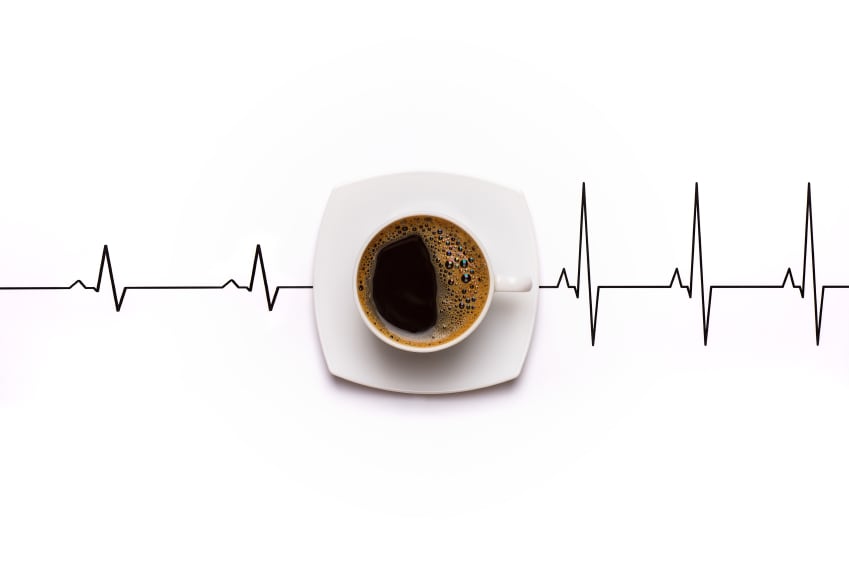The report, commissioned by the Institute for Scientific Information on Coffee (ISIC), suggests that 2-5 cups per day of coffee may reduce risk of death from CVD by just over a fifth.
Populations worldwide and degree of protection also differed as findings suggested that two cups of coffee per day may offer the greatest protection in a Japanese population, whilst three cups may provide the greatest protection in populations in the UK.

Updated to include the latest research, the report builds on findings presented during the ‘Coffee and CVD Mortality’ event held at the EuroPRevent Symposium in 2015.
Specifically, a handful of studies were included that review the effects of coffee consumption in specific patient groups.
These include a meta-analysis of studies in heart attack patients that noted a favourable association between habitual coffee consumption and mortality risk.
A study of 75 patients with hypertension was also included, which suggested that drinking coffee was associated with higher blood pressure compared to those who did not drink coffee.
The effect was greatest in those who drank three or more cups of coffee per day.
Research carried out by The Women’s Health Initiative concluded that caffeinated and decaffeinated coffee were not risk factors for high blood pressure in postmenopausal women.
Finally, a large patient study suggested that higher coffee intakes reduced the rate of an irregular and abnormally fast heart rate.
“The precise mechanisms of action behind the suggested association are unknown,” the report stated.
“The antioxidant profile of coffee has also been proposed as a potential mechanism that might affect the association between coffee consumption and reduced CVD morality risk.”
Coffee naturally contains a variety of compounds including caffeine, other antioxidants and diterpenes. These compounds not only give coffee its distinctive flavour but also the positive effects on health.
Coffee beans
According to the European Coffee Federation (ECF), the European Union is the largest importer of coffee, being the destination of some 45% of all exports.
In 2013 the EU imported 3.05m tonnes of coffee, a portion of which was re-exported either as green or processed coffee.
Europe has the highest coffee consumption worldwide per capita with 2.54m tonnes coffee per year, which is equivalent to 4 kgs of roasted coffee per EU inhabitant per year. Every day approximately 725m cups of coffee are drunk in the EU.
Concern over coffee’s negative health effects mainly stem over the compounds found in coffee that are formed during the storage and processing of coffee beans. These include compounds such as acrylamide and furan, which form through heat processing, although international food safety agencies have backed its safety.
Coffee manufacturers regularly monitor acrylamide levels and have undertaken research into processes that could help lower levels without affecting quality and acceptability of the coffee.
Coffee growth on the brew
The concerns over coffee consumption do not seem to have affected sales. According to the International Coffee Organisation (ICO) global consumption has almost doubled in the last 40 years. Current worldwide coffee consumption is around 8.6m tonnes and this is forecast to reach 9.09m tonnes by 2019.
The Fairtrade Foundation, a charity based in the UK, identifies five coffee companies that control half the global retail coffee market – Kraft, Nestlé, Proctor & Gamble, Sara Lee and Tchibo.

Three coffee companies control nearly 70% of the UK retail coffee market – Kraft, Nestlé and Douwe Egberts.
“While this study may suggest that drinking three cups of coffee a day could offer some protection from heart and circulatory disease, it shouldn’t be taken as a green light to drink lots of caffeine,” said Maureen Talbot, senior cardiac nurse at the British Heart Foundation.
